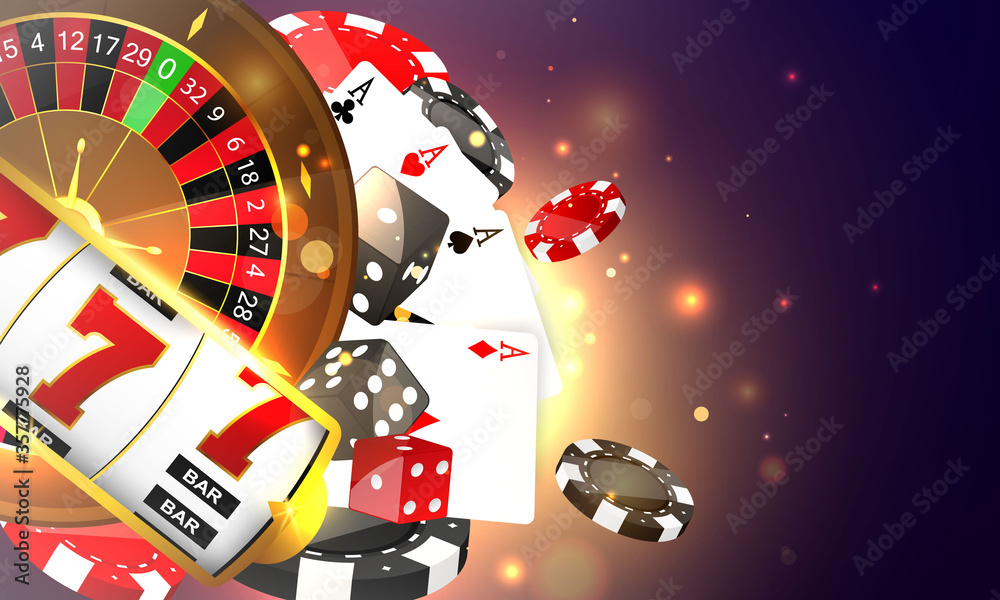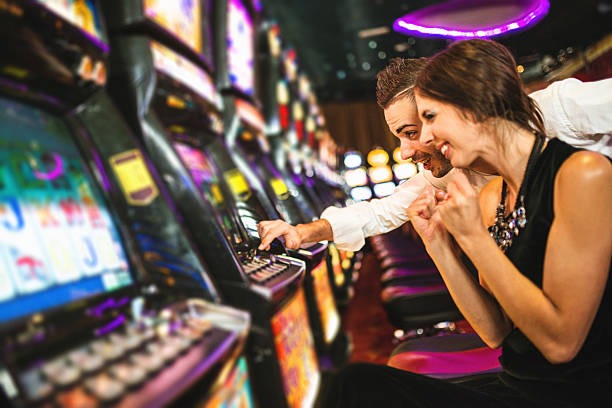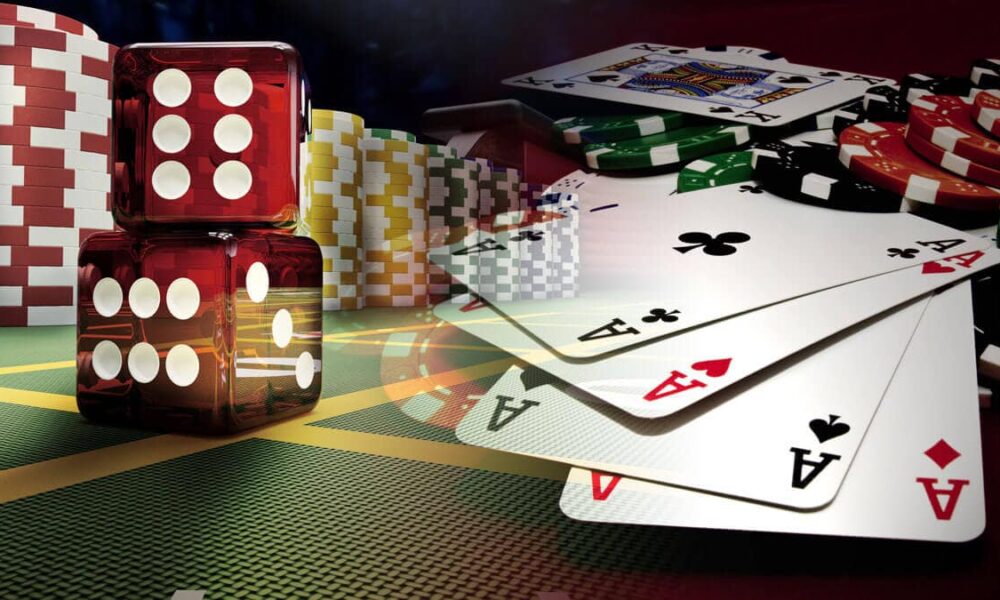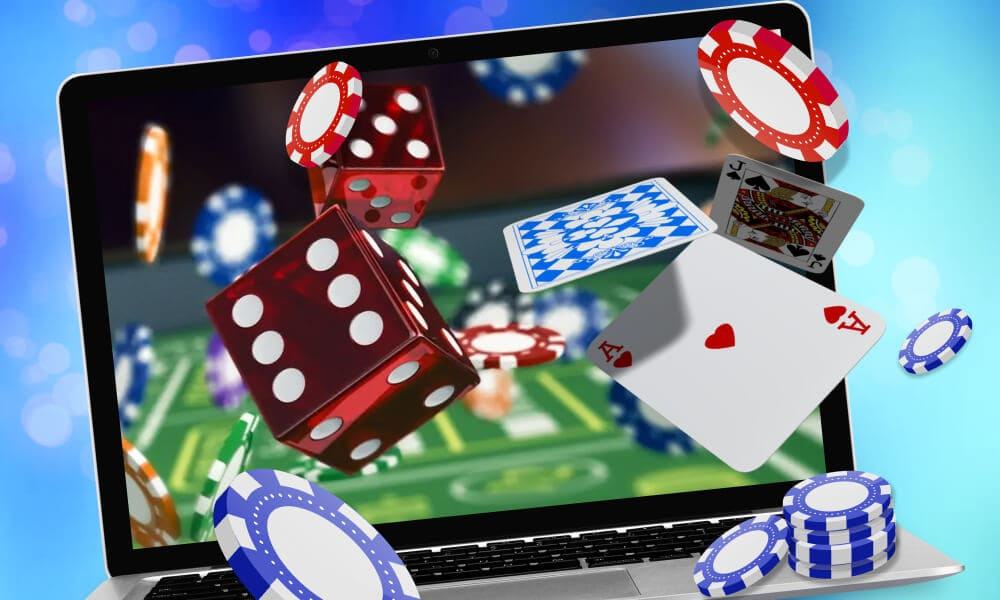Digital games open doors to the imagination that traditional activities rarely match in scope and freedom. Creative thinkers often visit https://jaltarang.com/ to discover games that spark innovative thinking and artistic expression across different age groups. The connection between gaming and creativity grows stronger as game designs evolve beyond rigid structures into open sandboxes that reward novel solutions and original thinking.
Brain rewiring through play
- Problem-solving flexibility – Games present challenges with multiple solution paths, training players to think beyond obvious answers. Adventure and puzzle games particularly excel at rewarding players who try unexpected approaches, making lateral thinking a habit that transfers to real-world scenarios.
- Creative confidence building – E-games provide safe spaces to experiment without real-world consequences. This safety encourages bold attempts that might seem too risky in other contexts, gradually building confidence in creative risk-taking that extends beyond gaming sessions.
- Inspiration through immersion – Richly detailed game worlds expose players to artistic styles, architectural designs, and cultural elements they might never encounter otherwise. This visual and narrative library becomes raw material for creative projects ranging from artwork to story development.
Making and modifying
Many games now include creation tools that turn players into designers and artists. Building games allow players to construct anything from simple structures to entire functioning cities, developing spatial reasoning and aesthetic judgment through hands-on practice. These built-in tools make the leap from consumer to creator nearly seamless. Modding communities transform existing games into entirely new experiences through fan-created modifications. These passionate creators learn coding, 3D modelling, and narrative design through self-directed projects that often launch careers in game development or adjacent creative fields. The collaborative nature of modding teaches teamwork alongside technical skills.
Narrative thinking in action
- Character perspective shifts – Role-playing games train players to view situations from multiple viewpoints. Taking on diverse character roles expands empathy and narrative flexibility as players make decisions based on personalities and motivations different from their own.
- Story structure absorption – Well-crafted game narratives teach pacing, conflict development, and resolution through interactive storytelling. Players internalize these structures through direct participation rather than passive consumption, making them more likely to apply similar frameworks to their creative works.
- Improvisational practice – Multiplayer narrative games require quick thinking and adaptation to unexpected scenarios. This real-time storytelling practice builds valuable improvisational skills in writing, performance, and everyday creative problem-solving.
Social creativity amplification
- Collaborative world-building – Multiplayer creation games allow groups to construct shared worlds together. This collaborative creativity teaches negotiation, compromise, and how individual ideas can strengthen rather than compete with group visions.
- Community inspiration cycles – Gaming communities share creations online, forming feedback loops that push creative boundaries. A player shares their game creation, others build upon those ideas, and innovation spreads rapidly through this collaborative ecosystem.
- Cross-medium pollination – Game-inspired art, music, fiction, and fashion flow back into mainstream culture. This cross-pollination between digital and traditional creative spaces generates hybrid forms that might never exist without gaming’s influence.
The creative potential of e-games continues growing as technology advances and design philosophies mature. Virtual reality opens new dimensions for spatial creation, while artificial intelligence creates responsive game worlds that adapt to player creativity in unprecedented ways. These developments suggest gaming will play an increasingly central role in how future generations develop and express their creative abilities.








Comments